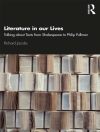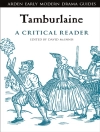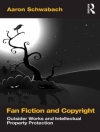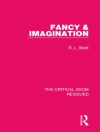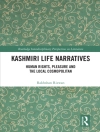This book explores how Shakespeare uses images of dreams and sleep to define his dramatic worlds. Surveying Shakespeare’s comedies, tragedies, histories, and late plays, it argues that Shakespeare systematically exploits early modern physiological, religious, and political understandings of dreams and sleep in order to reshape conventions of dramatic genre, and to experiment with dream-inspired plots.
The book discusses the significance of dreams and sleep in early modern culture, and explores the dramatic opportunities that this offered to Shakespeare and his contemporaries. It also offers new insights into how Shakespeare adapted earlier literary models of dreams and sleep – including those found in classical drama, in medieval dream visions, and in native English dramatic traditions. The book appeals to academics, students, teachers, and practitioners in the fields of literature, drama, and cultural history, as well as to general readers interested in Shakespeare’s works and their cultural context.
Inhoudsopgave
1. Introduction.- 2. ‘Following darkness like a dream’: Dreams, Sleep, and Dark Comedy.- 3. ‘God’s secret judgement’? Dreams in Tragedy.- 4. ‘Great nature’s second course’: Sleep and Sleeplessness in Tragedy.- 5. ‘Such stuff as dreams are made on’: Shakespeare’s Late Genre.- 6. Epilogue.
Over de auteur
Claude Fretz is Research Fellow at Queen’s University Belfast, UK, and Associate Fellow of the research centre ‘European Dream-Cultures’ at Saarland University, Germany. He obtained his Ph D from the Shakespeare Institute, University of Birmingham. He has published on Shakespeare, representations of dreams and sleep in early modern literature, and Restoration drama.


